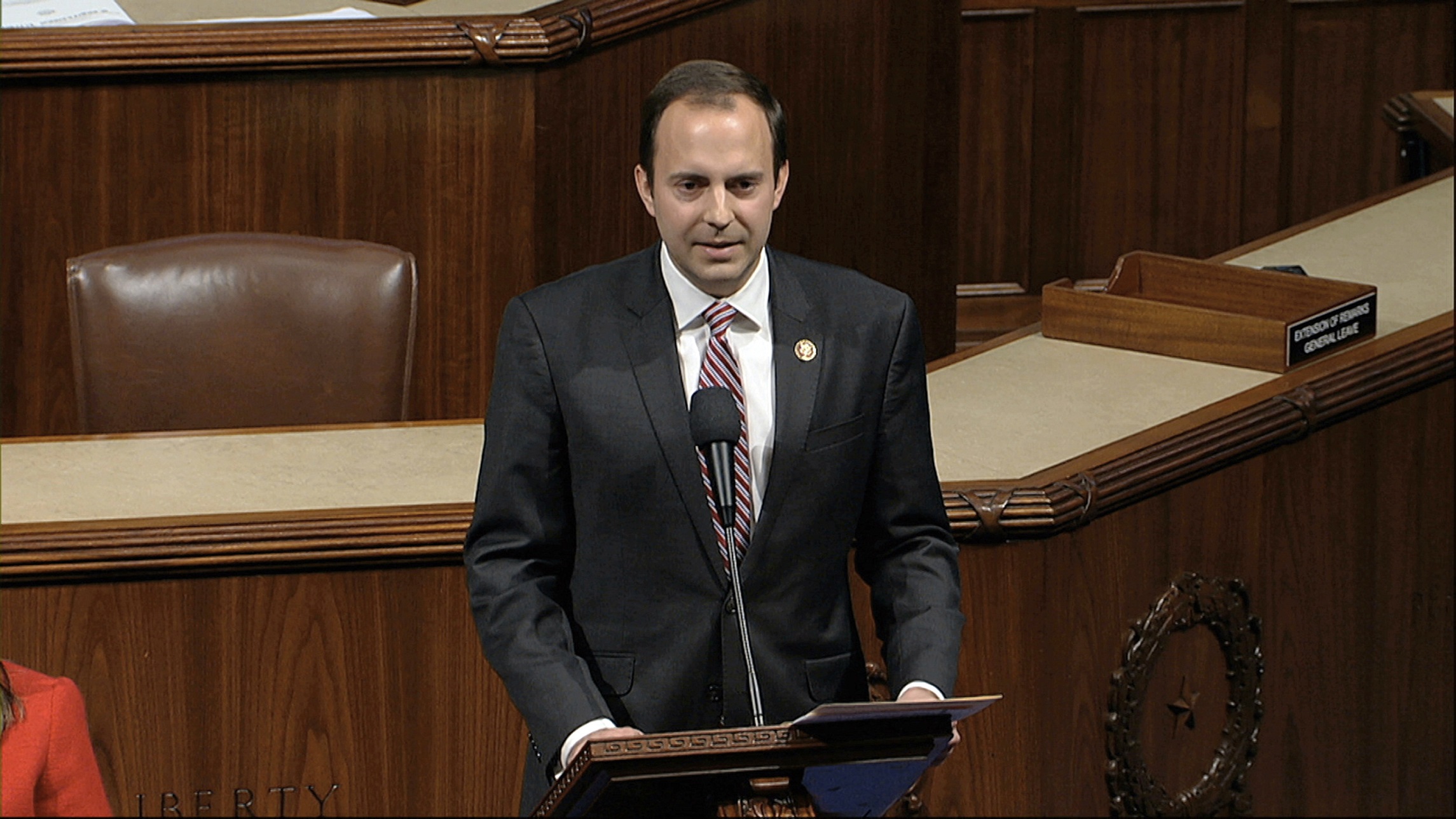
Rep. Lance Gooden shows Jim Jordan how to question an FBI director
Tom Rogan
Video Embed
Rep. Lance Gooden (R-TX) showed House Judiciary Chairman Jim Jordan (R-OH) how best to question an FBI director on Wednesday. Gooden showed that productive congressional oversight rests on questions centered in the national interest rather than the pursuit of TV sound bites.
The divergence between Gooden and Jordan was clear. As chairman, Jordan had ample time to ask FBI Director Christopher Wray various questions on all manner of topics. But rather than doing what Gooden did, asking pointed questions on one issue, then moving to another, Jordan centered his energy on angry screeds. While this might make Jordan popular with many Republican voters, it does little to serve the keystone interest of good government.
US-ISRAEL AIR EXERCISES INADVERTENTLY HIGHLIGHT DIVISIONS IN DEALING WITH IRAN’S NUCLEAR PROGRAM
To be clear, some of Jordan’s criticisms were necessary. Congress rightly has significant concerns over problems such as FBI protocols for investigating certain religious and social groups (and perhaps deprioritizing the investigation of others), its handling of FISA surveillance warrants, and questions of broader politicization. The problem is that Jordan seemed far more interested in extracting sound bites than he did in holding Wray to account.

In contrast, in his very limited allotted time, Gooden asked deliberate questions designed to elicit explicit answers.
Gooden began by suggesting that Wray would do well to spend more time “acknowledging [FBI] failures.” Gooden then asked Wray to explain, in closed session if necessary, why the FBI insists on redacting information that would appear plainly to fall under the committee’s remit. He gained Wray’s commitment to work with him on that concern, a commitment he can now hold Wray to. But Gooden then asked a question on a critical topic, a topic too few on the Judiciary Committee seem to care much about.
Specifically, Gooden asked Wray to explain the risks facing U.S. companies that do business in China. He focused on the Chinese Communist Party’s insistence that U.S. businesses in China allow party operatives into their operations. This is a very important concern in that many major U.S. businesses, from Intel to Mars to major U.S. banks, have already shown signs of being politically co-opted by Beijing. Assessed by patriotism if not by law, the investment choices of some such as Larry Fink and BlackRock border on the treasonous.
This is also a concern in that China views commerce only as a continuation of politics by other means. Xi Jinping’s regime very deliberately uses engagement with foreign companies to extract their intellectual property in furtherance of its geopolitical agenda. While China is now harping on about how it’s open for business and wants to attract foreign investment, the party’s increasing control over the economy tells a very different tale.
Regardless, as the U.S. military prepares for possible war with China over Taiwan, it is incumbent on U.S. businesses to ensure that they are not facilitating Beijing’s strengthened means of winning that war. On this point, at least, Wray was unequivocal about the challenge U.S. businesses face in protecting themselves and U.S. interests. As Wray put it, “In my view, there is no country, none, that presents a broader, more comprehensive threat to our ideas, innovation, our economic security than the Chinese government, than the Chinese Communist Party, and in many ways, it represents, I think, the defining threat of our era.”
Wray then noted that joint U.S.-China business ventures have meant that Beijing “all too often has exploited those joint ventures to then use them as ways to get improper access to companies’ secrets and information.” He continued, “Any company of any size in China is required by Chinese law to have what they quaintly call a ‘committee,’ which is essentially a cell inside a company, whose sole function is to ensure that company’s compliance with Chinese Communist Party orthodoxy.”
Gooden concluded by expressing an interest in working with Wray to address this issue better. This is what effective oversight looks like: focused on a national priority and patriotic in motivation. Now that Gooden has gotten the FBI director on the record as to what China is doing, he has made it that much harder for executives such as Pat Gelsinger, Elon Musk, and Jamie Dimon to justify what they are doing with Xi.
Jim Jordan apparently doesn’t see it that way.
As Gooden ended his questioning, Jordan then shouted that Wray had done “the same exact darn thing [as the Chinese].” Jordan was pointing out the FBI’s problematic dialogue with social media companies in regards to online speech in contravention of those companies’ guidelines. Yet Jordan undermines the importance of the specific China threat concern by blurring it with a distinct issue. The two issues are not the same thing. He should have waited to ask Wray about the social media communication issue at a later point.
Doing otherwise, the chairman distracted attention from Gooden’s successful identification of an exigent threat facing the U.S.
